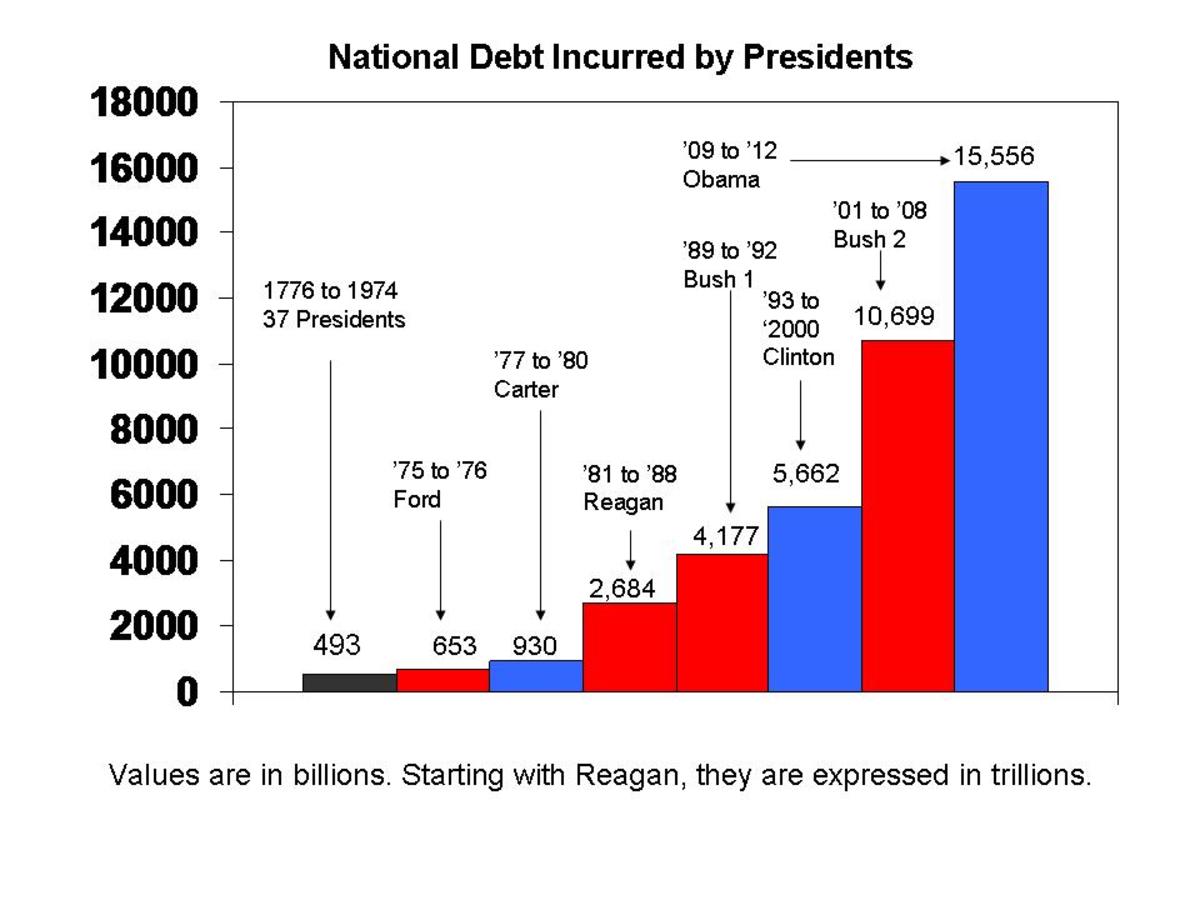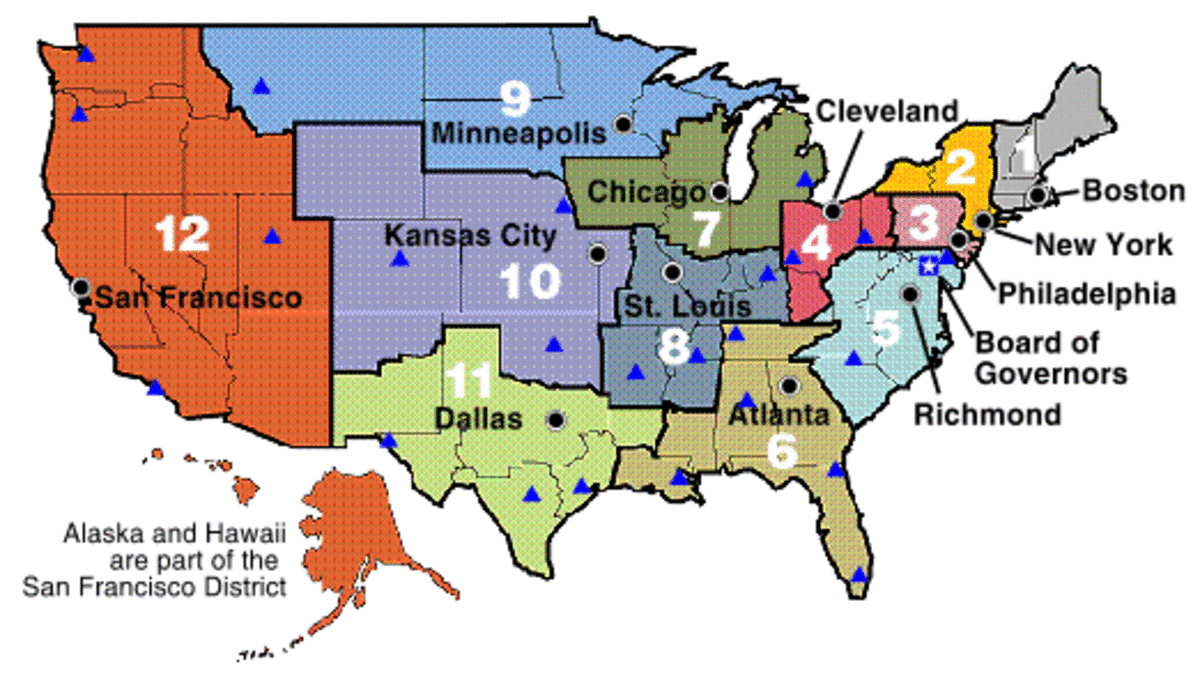Could Government Debt, as Incurred In Deficit Budgeting, Create a Poor Economy? Yes and No
Government debt expands the economy if the loan were used for production
Deficit budgeting
Government debt was popularized by John Maynard Keynes with his concept of government deficit budgeting. In a capsule form, a government borrows to cover expenses for the present because its collection in terms of taxes and other sources of income cannot cover the budget. In some cases, even when there is enough income the government borrows from some merchant bankers to make the bankers gain profits.
There was a time, some bankers wanted the United States to borrow some money to finance its side of the American Civil War. President Lincoln did not budge to the wishes of the bankers but he succumbed to a bullet of an assassin while he was watching a show in a theater. John Wilkes Booth, an actor, shot Lincoln with a handgun.
In theory, the deficit is an expansion of the economy. It borrows for the present and when it pays for it the payment will represent an expansion of the economy.
When debt is bad for economy
However, there is a catch. The debt should be used in productive programs. If it were used to pay for outstanding loans then the debtor's economy will go down. So, government debt makes for a poor economy.
This is what happened after WWII with most countries in Europe. They availed of Marshall plan loans but the loan had a string attached. The United States, the creditor, required that a debtor should pay for its outstanding loans before it could use the remainder for other purposes. In addition, the creditor specified the programs where the debtor could use the loan. That is what happened even to Great Britain and France which could only grumble. To think that they were major partners in the defeat of Hitler's Germany (Kolko, J. and G. Kolko. The Limits of Power. 1972). During payment period the economy of the debtor may slow down. But once the debt had been paid the economy will perk up. That is when government debt makes for a good economy.
A problem arises when there are overlapping loans whose payment are also overlapping. The economy of the debtor will be overburdened in paying that its economy may slow down.
Mopping up makes good economy
There is one use of government debt, that of mopping up excess cash in the economy to control inflation. But this device is seldom used. Besides, the government of most capitalist countries, including the United States, must get the approval of the Central Bank (the Fed in the case of the U.S.) to use this device. In the Philippines, the Central Bank of the Philippines must approve of this utility before the president of the Philippines could sell Treasury Bills. Sell is a euphemism because the Treasury Bill is actually a certificate of indebtedness that the government will pay for after a specified time. Last year, the Central Bank said it was amenable to the idea of public debt because the economy was liquid. That means the government will not be overburdened at the time of paying the debt, or to put it nicely redeeming the Treasury Bills. The Philippine government did not use this facility mainly because of the inflow of dollars being remitted by Filipinos working abroad.
Candidates for the presidency of the United States make it a campaign issue to reduce the budget deficit of the government. Some presidents, like Jimmy Carter, promised to balance the budget, meaning the government budget is covered by government income. For one year during his terms Carter succeeded in balancing the budget of the government. Bill Clinton promised during his first presidential campaign to reduce government budget deficit. His program when he became president was first economic stimulus then budget deficit reduction. This proposal passed the U. S. congress (Lower House) by just four votes (Woodward, B. The Agenda. 1995). The health care reform program was put in the back burner as the Clinton White House was burned out in its fight for the budget deficit reduction. Hillary Clinton headed the committee to have the health care reform program at a budget proposal of $100 billion pass in Congress. George W. Bush, the next president, got a budget of $153 billion for his health care.
Depending on how it is used, a government debt makes for a poor economy or a good economy.









